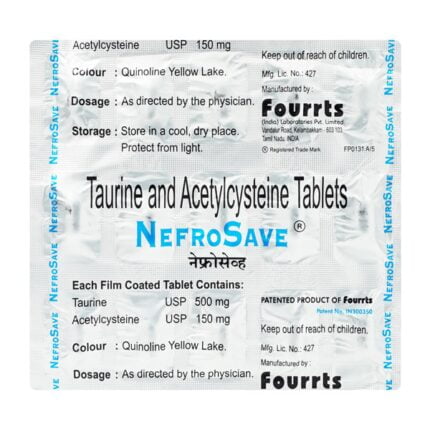Product introduction
Insugen-N 40IU/ml Injection is often prescribed along with short-acting insulin or other oral diabetes medicines. Your doctor or nurse will teach you the correct way of injecting it under the skin. Don’t stop taking it unless your doctor tells you to. It is only part of a treatment program that should also include a healthy diet, regular exercise, and weight reduction as advised by your doctor.
Check your blood sugar levels regularly, keep track of your results and share them with your doctor. This is very important to work out the correct dose of the medicine for you.
The most common side effect of this medicine is low blood sugar levels (hypoglycemia). To prevent this, it’s important to always inject the correct dose of medicine only, have regular meals, and monitor your blood sugar levels regularly. Drinking excessive alcohol can also lead to a fall in your blood sugar levels. Other side effects include reactions at the injection site like redness or swelling. Repeated puncturing of the same site of the skin may lead to lipodystrophy (skin thickening or pits at the injection site). Some people may gain weight or develop edema (swelling over the whole body due to fluid retention) while taking insulin.
Do not use this medicine when you have low blood glucose levels (hypoglycemia). Tell your doctor if you have ever had kidney, liver or heart problems before starting treatment. Pregnant or breastfeeding women should also consult their doctor as the dose may need to be changed.
Uses of Insugen-N Injection
- Diabetes
Side effects of Insugen-N Injection
Common side effects of Insugen-N
- Hypoglycemia (low blood glucose level)
















